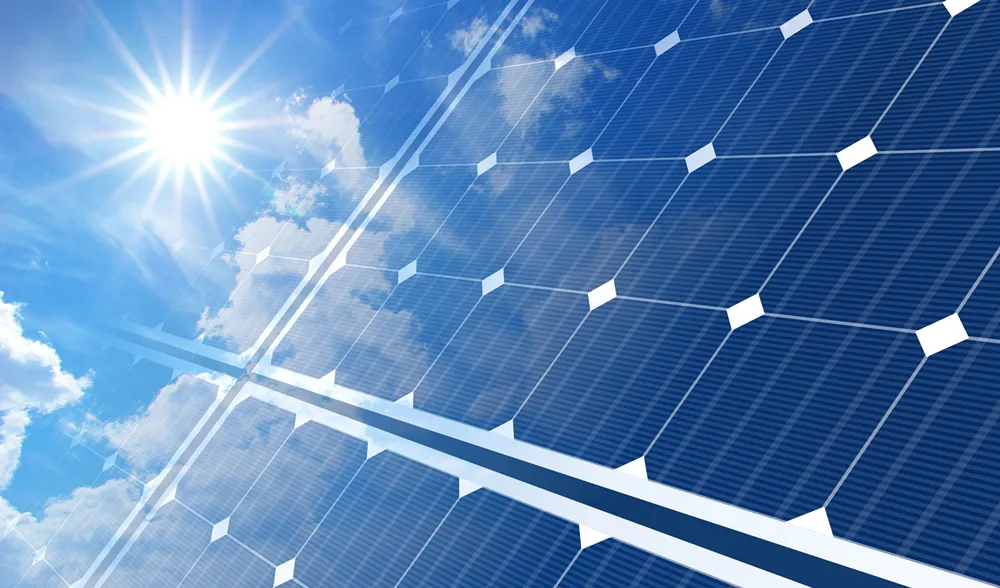Agriculture may be humanity’s oldest industry, but today it is on the cutting edge of technology thanks to artificial intelligence. Faced with the need to feed a growing population sustainably, farmers and agribusinesses are turning to AI-powered tools to boost productivity and optimize resource use. From autonomous tractors in the Midwest to smart irrigation systems on California vineyards, AI is transforming farming into a high-tech endeavor. The results are impressive: precision farming platforms have slashed water and fertilizer usage while significantly increasing crop yields. For example, one AI-driven irrigation solution (CropX) reports its technology led to a 57% reduction in water usage, a 15% reduction in fertilizer use, and up to a 70% increase in crop yields for farmers using its system. Likewise, computer vision-guided equipment can cut pesticide use by up to 90% by targeting weeds individually instead of blanket-spraying fields. These kinds of efficiency gains illustrate AI’s potential to make agriculture more productive and sustainable.
AI is changing how farmers manage land and resources through precision farming. By analyzing data from soil sensors, drones, and satellites, AI helps determine exactly how much water, fertilizer, and pesticide a specific area needs – no more, no less. Forbes notes this “person and machine” collaboration significantly boosts output using fewer resources. Intelligent irrigation systems adjust water levels automatically, based on plant needs and weather forecasts. AI also guides optimal fertilizer use by analyzing soil composition and nutrient levels.
These tools not only increase crop yields, but also reduce input waste, improve soil health, and protect surrounding ecosystems.
AI-powered drones and satellites scan fields to detect early signs of stress, disease, or infestation. Using image recognition, these systems flag problem areas before the human eye could spot them. WSJ reports that smart sprayers like John Deere’s See & Spray can distinguish crops from weeds in real time and precisely spray herbicides, reducing usage by up to 90%.
Other AI tools identify pest activity from environmental data and recommend proactive treatments. AI models also help farmers predict weather-driven outbreaks, like when conditions are right for fungal infections or insect swarms.
Labor is a major challenge in agriculture, and AI is easing the burden. Self-driving tractors and robotic harvesters can operate around the clock, increasing productivity. AI also powers fruit-picking robots that recognize ripeness and avoid damaging produce.
For tasks requiring human decision-making, AI provides recommendations to support planning – like when to plant, irrigate, or harvest based on conditions and historical trends. AI apps now offer real-time farming advice to small-scale farmers globally, democratizing access to expert knowledge.
Beyond the field, AI improves post-harvest processes like sorting, packaging, and transport. It predicts market demand and suggests optimal pricing and distribution strategies. AI also enhances traceability – tracking food from farm to table to boost safety and reduce waste.
In plant breeding, AI analyzes genetic traits to develop more resilient, high-yield crops. This helps safeguard future food supplies amid climate volatility.
AI is revolutionizing agriculture, delivering higher yields, lower costs, and greater sustainability. It empowers farmers to make smarter decisions, conserve resources, and respond more effectively to environmental and market challenges. By embracing AI, the agriculture industry is sowing the seeds for a resilient and food-secure future.

Discover how AI enhances grid reliability, optimizes renewables, reduces costs, and supports sustainable energy operations.